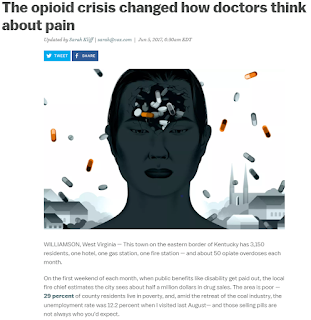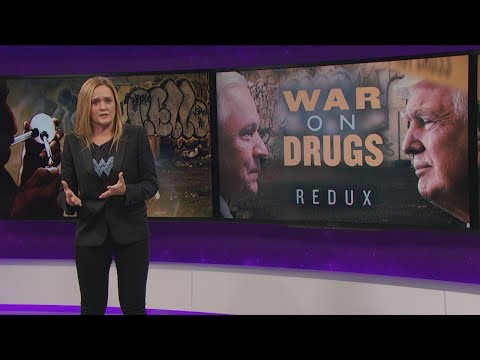This topic is also where I often feel I need to remind people that I have dealt intimately with addiction. My parents were both alcoholics. My mother became further addicted to both amphetamine base diet pills, and sedatives. I am an alcoholic. Most of the circle of relatives that lived close to us here in the Puget Sound region also were either alcoholic, drug addicted, or both. I had to save a friend once from a heroin overdose. And I've seen just how wasted lives can be when Mr. Buzz is no longer your friend, but your master.
So where in all of this can there possibly be a bottom line? Where should needed empathy begin, and end? Where should needed practicality begin, and end? In nearly 40 years of living it, and thinking about it, I have come to only a few, not exactly firm, but not exactly shakey either, conclusions.
It has to come down to two things:
1. Choice, where it is as informed as we can make it.
2. Society as a whole must look to do only one thing, minimize harm.
This is why I think that society cannot try to be the arbiters of what we can, and cannot consume. It is simple folly because, human nature being what it is, if somebody wants, or needs, something bad enough, they will find a way to get it. Cruel as this must seem on the face of it, we must simply make all pharmacological substances available, without cost, controlling either where they are used, or how they are used, but not the usage itself. We must do that, providing at every redose opportunity, other options, for what we all know will eventually be suicide, keeping faith with the idea that the help is there if these folks can find, whatever they need to find, to get them back to trying again. Or maybe, even as we stay resolute in keeping help available, we just accept that, whatever the "pain" might be, whether we understand that pain or not, it is unbearable. And that the choice has been made to take it away for good.
We might also want to consider the thought that helping them want to try again might be influenced greatly if we lived in communities where everybody mattered because everybody was intimately involved in keeping the community going. Communities that fostered the notion that "if you fall down, we're here to help because we need you; because one less set of hands pulling on the rope, or helping to pass the buckets to the fire, or the sandbags for the flood, or even just another rack of bread out of an oven" so to speak, makes it that much harder for the rest of us.
This is what I think in this regard. What do you think?
The opioid crisis changed how doctors think about pain
See Also:


No comments:
Post a Comment